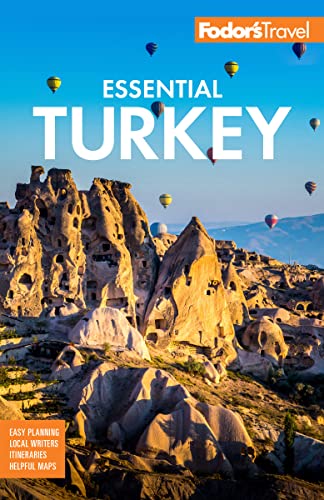Camel Wrestling
While Americans are busy stuffing turkeys and stocking up on Christmas trees, Turkish camels and their owners prepare for an intense season of travel, confrontation, and competition. Every year, around 100 male camels and their owners tour the Marmara, Mediterranean, and Aegean regions to compete in more than 30 camel-wrestling festivals.
There are different theories about camel wrestling's origins, although many argue it was a nomadic practice and part of a competition between caravan owners. Nomadic or not, these festivals have become a deep-rooted cultural pastime in Turkey. Their primary motivation: get the girl. Camels will wrestle only during their mating season, which lasts from November to March, and a female camel is paraded around to provoke them into these contests. The camels' mouths are tied during the match so that they can’t do real harm to each other, and among the judges, separators (urgancı), and commentators (cazgır), are 21 officials (not including the camel owners) moderating the events.
The camels begin their wrestling "career" at age four, when many are purchased from Iran. They train for the next four years and spend years 8 through 10 coming of age and developing their own strategies. Their rite of passage, much like that of Turkish boys, occurs at this age, when the camels receive their havut, a decorative cloth with their name and the word maşallah (may God protect him) sewn on the inside. According to camel owners and those familiar with the sport, wrestling is not a foreign, inhumane practice being imposed on the camels. On the contrary, these dayluk (as they're called until age 7, when they become tüylü, or hairy) begin wrestling naturally in the wild during their first years out of the womb, and if trained, can continue until age 25.
Celebratory events actually begin the day before the match, during halı gecesi, or carpet night, when camels are flaunted around to percussive music, their bells jingling as they amble along. The camel owners, who often get to know one another during the pre-festivities, are also dolled up in cornered caps, traditional neck scarves, and accordion-like boots.
To prevent wearing out the camels, the matches last no more than 10 minutes, and camels compete only once a day. The victor, the camel who gets the most points for outsmarting his rival by swiftly maneuvering and having the most control over the match (which might simply mean not running away), can win anywhere from 5,000 TL to 50,000 TL depending on the competition. There's usually a wrestling World Cup of sorts at the culmination of the festivals, in which the top camels compete.
The exact dates, times, and locations of the festivals change from year to year, but competitions are always held every Sunday between December and March. The central and southern Aegean cities of Selçuk, İzmir, Bodrum, and Kuşadası host camel-wrestling festivals. Local tourism offices will have specific information about that year's festivals. Tickets cost around 15 TL per match and can be purchased on-site.




